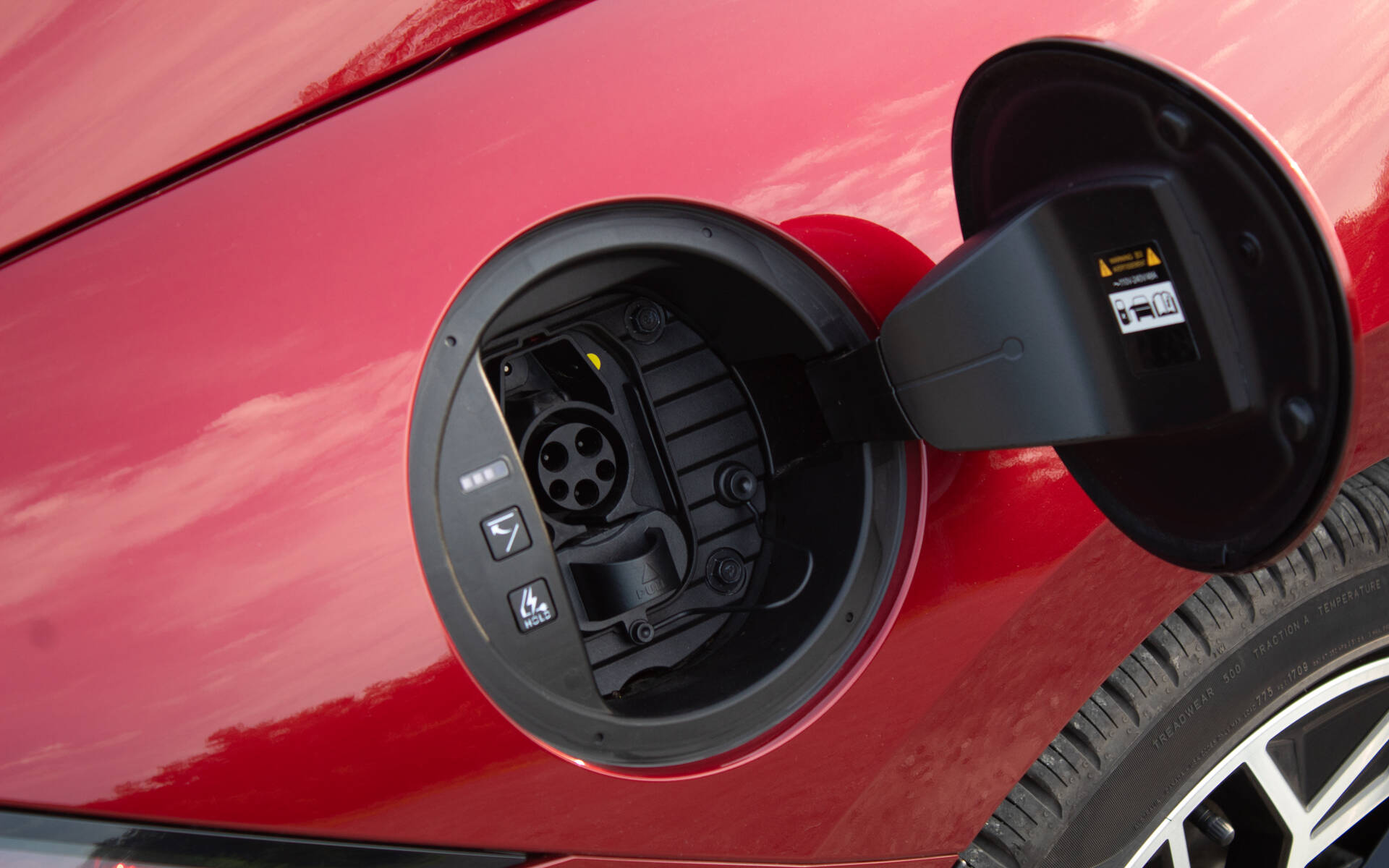Federal EV Rebate Maintained in Latest Budget, But What After 2025?
Budget 2024 tabled by Canada’s Finance Minister Chrystia Freeland on Tuesday doesn’t include any changes to the federal Incentive for Zero-Emission Vehicles (iZVE) program.
The program will continue as planned until March 31, 2025. The budget proposes to provide the program with an additional $607.9 million over two years, starting in 2024-25.
- Also: Manitoba to Offer $4,000 EV Incentive, Extend Gas Tax Break
- Also: Canadian First: ZEVs Exceeded 10 Percent of New Registrations in 2023
The incentives include up to $5,000 for fully electric vehicles and plug-in hybrids offering at least 50 km of zero-emission range. PHEVs with 49 km of range or shorter get $2,500.
A highlight of Budget 2024 is a new tax credit designed to support the EV supply chain and “secure the future of Canada’s automotive industry.” Ottawa plans to spend $80 million over five years starting in 2024-2025 and an additional $1.02 billion from 2029-2030 to 2034-2035. More details about the tax credit will be provided this fall, but this measure could help bring a Honda EV plant to Canada.
A few weeks ago, Quebec announced it would phase out its provincial EV rebate program starting January 1, 2025. The maximum incentive of $7,000 will drop to $4,000 next year, then $2,000 in 2026. It will be completely eliminated in 2027.
Earlier this month, Manitoba joined the list of provinces offering incentives to EV customers. Eligible new electric and plug-in hybrid vehicles, meaning those with an MSRP below $70,000, will be discounted by up to $4,000. Used EVs and PHEVs that are no more than four years old will get up to $2,500 off. The program is retroactive to August 1, 2023.







